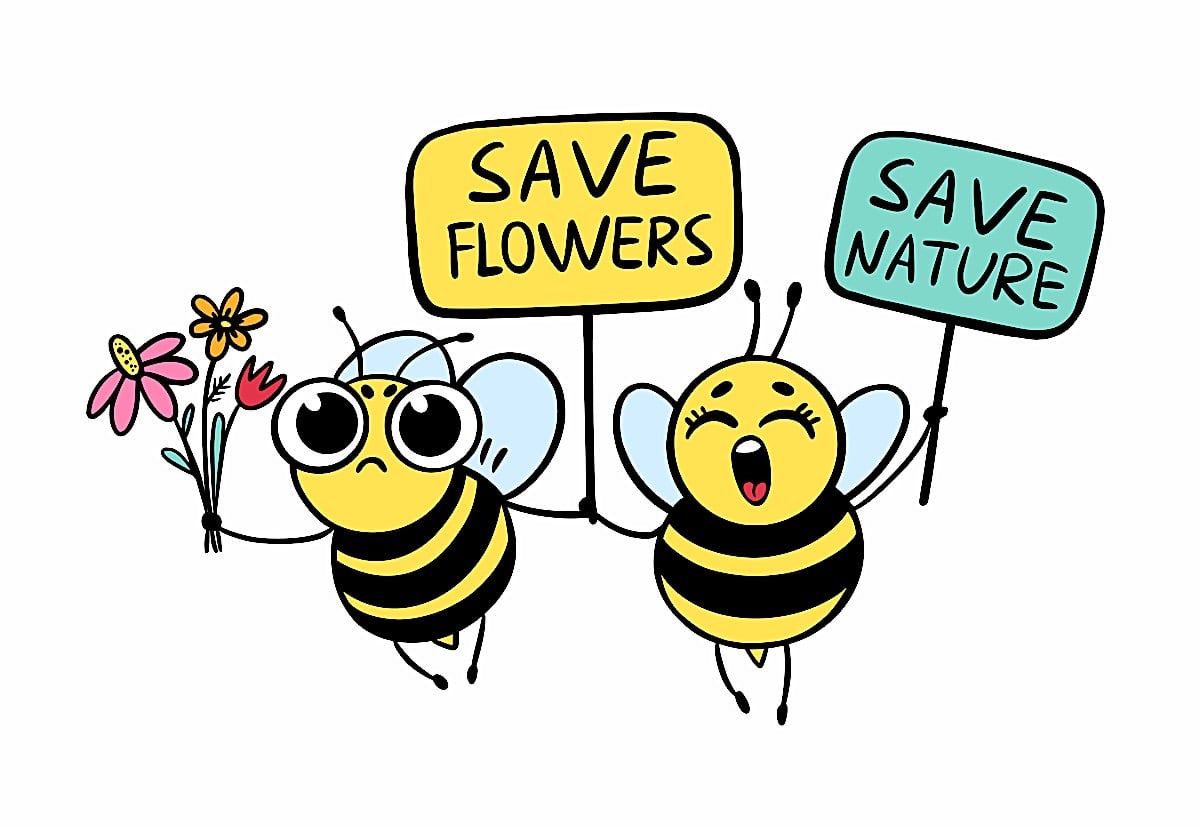You Can Tell A Lot About A Relationship From This Subtle Sign
It's obvious when you start to look for it.

Advertisement
This ad is displayed using third party content and we do not control its accessibility features.
Image by Brat Co. / Stocksy July 31, 2024 We carefully vet all products and services featured on mindbodygreen using our Our selections are never influenced by the commissions earned from our links. Most of us can intuitively understand and recognize positive body language. Someone is turned toward you, their stance and posture suggest openness, and it's clear they're engaged with you. But what about closed-off body language?
Why body language matters in relationships
For context, the Gottman Institute's research has been building up for decades through studying thousands of couples. The team has, thus, been able to identify many factors, habits, and behaviors that spell trouble for relationships—and one of those factors is negative body language. Their research suggests couples who display a lot of negative body language may be more likely to break up.
"Our partner is automatically and constantly scanning our body language for cues about whether they are safe and loved in the relationship," licensed marriage and family therapist Elizabeth Earnshaw, LMFT, previously explained to mbg. "Couples who have closed-off and threatening body language with each other prime their relationship for conflict."
Body language expert Blanca Cobb, M.S., previously explained that when someone's body tenses up, that's a common "negative" expression, which may be related to stress, discomfort, or anger. "Positive" body language—like relaxing the body or resting comfortably—can indicate happiness and trust.
Negative body language can therefore create a cycle of conflict, where the body language incites conflict, and the conflict incites more negative body language. And over time, this creates an unsustainable relationship environment.
What to do about it
Body language can be extremely telling, but there's also certainly room for miscommunication. For instance, you may not realize you're exhibiting negative body language, or your partner may misinterpret your body language.
As Earnshaw suggests, it's never a bad idea to check in with your partner about how they are feeling during your conversations, "to ensure that what you're trying to express through your body is landing the right way."
If the roles are reversed, and you're thrown by their body language, you can tell them that you sense through their body language that they're upset, ask them if that's accurate, and also ask what it is they need in that moment.
You can also both work on displaying more positive body language in moments of tension, in order to help you both stay mindful, present, and open to each other. For example, research has shown hugging your partner1 can help soften the negative impacts of a big argument.
But just keep in mind, if a ton of negative body language is present alongside some of the Gottman's other indicators for an impending breakup, you may want to take a closer look at what your relationship needs to shift to a better place—or whether this relationship is truly serving you.
The takeaway
The bottom line is, sometimes it's the little things that can reveal the most about our relationships. And if body language between you and your partner is consistently closed off or negative, it's definitely something to keep an eye on and shift if possible.

 Lynk
Lynk 
































